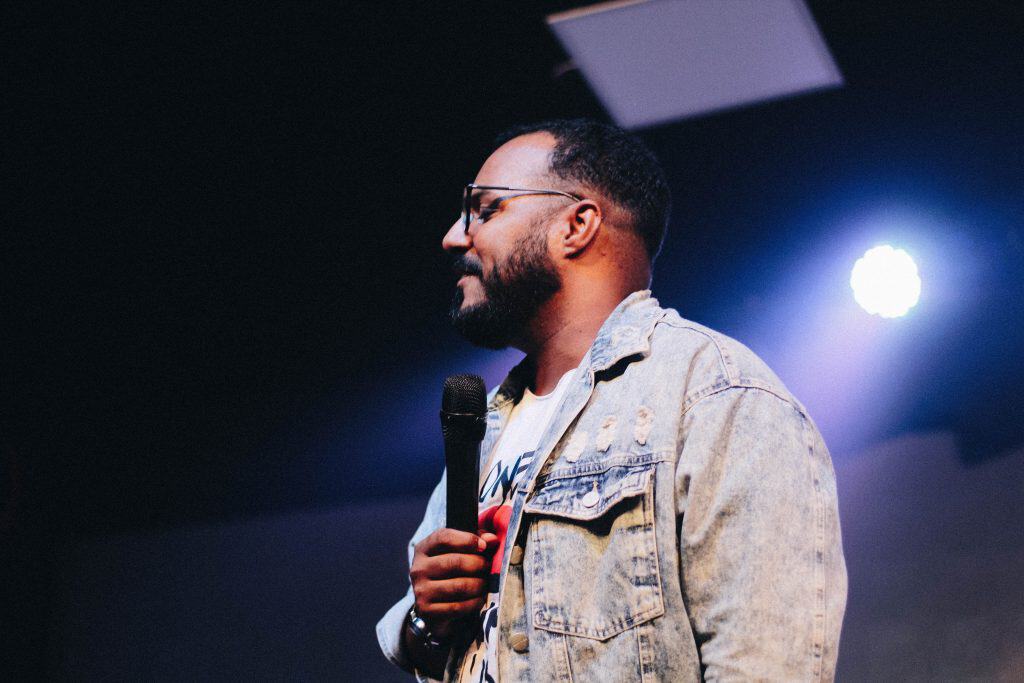⏱️ Estimated Reading Time: 3 min read
In Exodus 4:10-13, we witness a discussion between the Lord and Moses. God has called Moses to speak for Him and to proclaim His name to the Egyptians. Moses is also called to be God’s mouthpiece to the Israelites. However, Moses says to God in protest, “‘Oh, my Lord, I am not eloquent, either in the past or since you have spoken to your servant, but I am slow of speech and of tongue’” (Exodus 4:10). The Scripture does not clarify for us what exactly this means. Did Moses stutter?
We do not know, but something is holding Moses back here: an insecurity about the way he speaks and a fear that he will be unable to do what the Lord has called him to do because of it. Moses also uses his speech impediment as an excuse because he is intimidated by what God is asking him to do and tries to find out why he is incapable. But God sees right through him, and addresses the problem, saying, “‘Who has made man’s mouth? Who makes him mute, or deaf, or seeing, or blind? Is it not I, the Lord? Now therefore go, and I will be with your mouth and teach you what you shall speak’” (Exodus 4:11-12). God reminds Moses that He has the final say on Moses’ physical limitations.
As the Creator, God has the power over disability. Interestingly, God mentions that He includes seeing, along with muteness, deafness, and blindness. Even in the phrasing, God reminds the reader that both disability and ability are in His hands. Even after the Lord has established to Moses that He is in complete control over the situation, Moses has a difficult time trusting. He says, “‘Oh, my Lord, please send someone else’” (Exodus 4:13). This reluctance to trust that the Lord would be faithful despite Moses’ limitations angers the Lord, and He tells Moses that Aaron will now be the mouthpiece of God to the people. It’s easy to get frustrated with Moses and say that he should have trusted that the Lord would work wonders through him. However, when living with a disability, limitations can feel all too real to the person with the disability. It could feel like a cruel joke for someone to ask someone with a speech impediment to be a public speaker. God is not playing a cruel joke here. He’s asking Moses to trust that He can use him in any way He chooses.
I can see why Moses would be so reluctant – after so much time living with his speech impediment, he’s convinced himself that he would be worthless as a public speaker. Perhaps in his own power, he would be right, but he’s dealing with God’s power now, which knows no bounds. God’s response to Moses is hard to reckon with. It seems harsh like He’s giving up on Moses. But as we read farther in Exodus, we realize that God has a greater plan for Moses than Moses could ever imagine. Even though Moses deals with a speech impediment, God is more than prepared to use him in unimaginable ways. Disability is no obstacle for God, even though we may feel like it sometimes. We must learn to trust Him and His calling on our lives.



